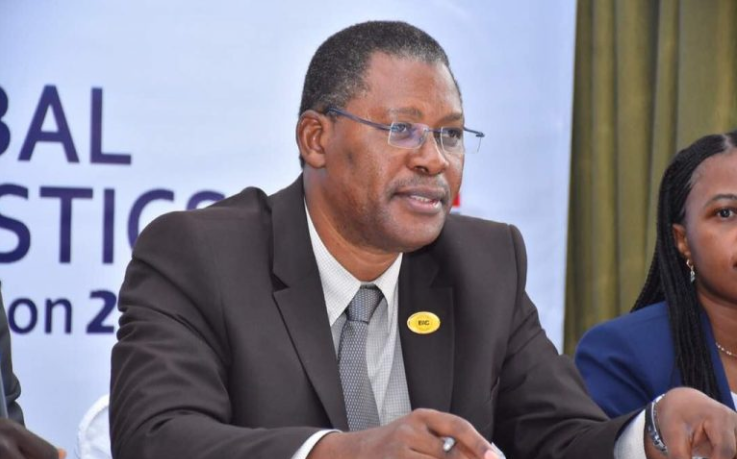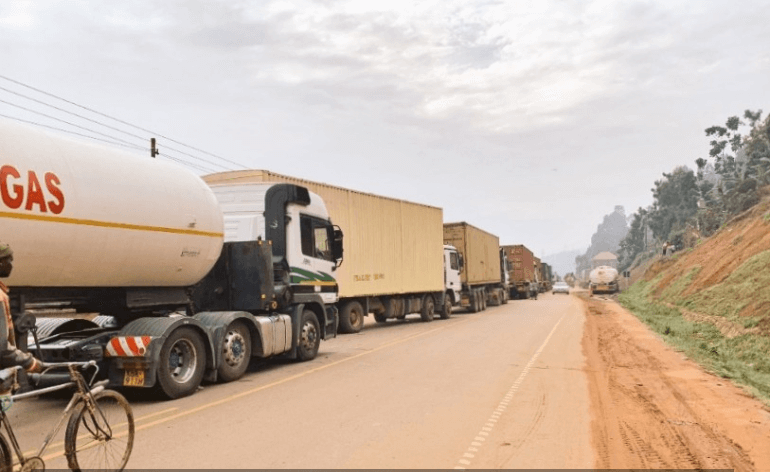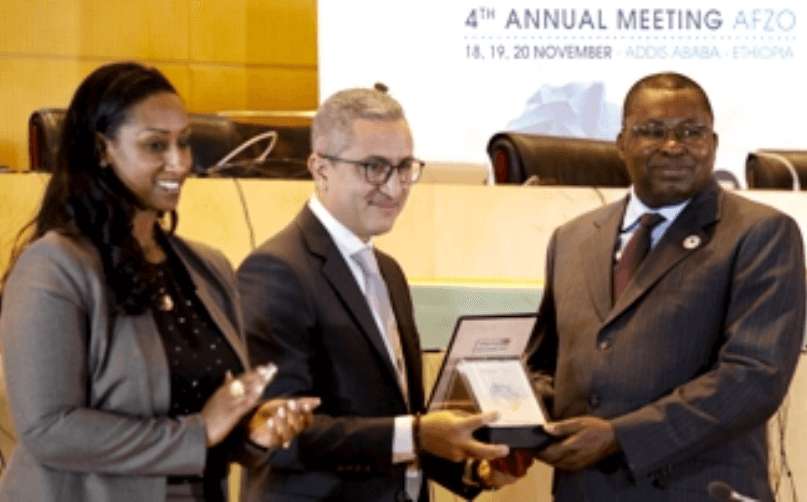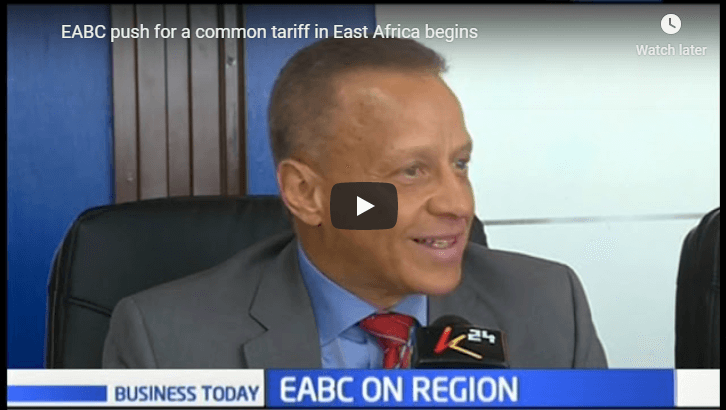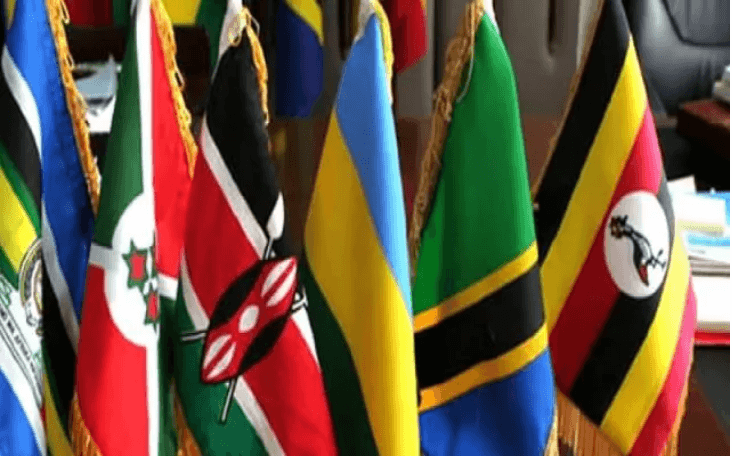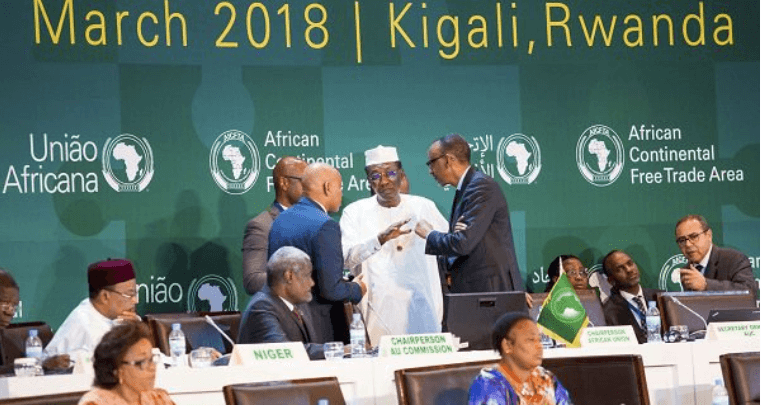The Private Sector Foundation of Uganda (PSFU) and the East Africa Business Council (EABC) have urged Heads of States for the East Africa Community (EAC) to resolve the current political tensions between them that are limiting trade and movement of goods and people among the states. The EABC executive director, Stuart Mwesigwa said while the EAC is one of Africa’s fastest-growing regional blocs that has made great progress in regional trade integration and promotion, the current political tensions between some countries is harming the private sector who can no longer trade and move freely around the community which was the main objective for the formation of the bloc “There have been milestones like the establishment of the single customs territory and one stop border posts (OSBP) which should have eased movement of persons and goods as well as trade facilitation. However, there are still major challenges like Non-Tariff Barriers, protectionist tendencies by nations, delays in harmonization and domestication of EAC agreed decisions and directives,” he said The ED PSFU Gideon Badagawa said tissues like closure of the border by Rwanda, persistent internal conflicts in Burundi and Congo, the Ebola scare in Congo, refusal of Ugandan goods over standards in Kenya and Tanzania among other issues are undermining the possible great achievement of the EAC bloc “The EAC should be people centered, it should be private sector-led. For us we do not care about the politics, what we care about is having a market for our goods and services. We hope...
Private Sector Worried Continued Hostility Among EAC Countries Could Stall Development.
Posted on: November 25, 2019
Posted on: November 25, 2019

